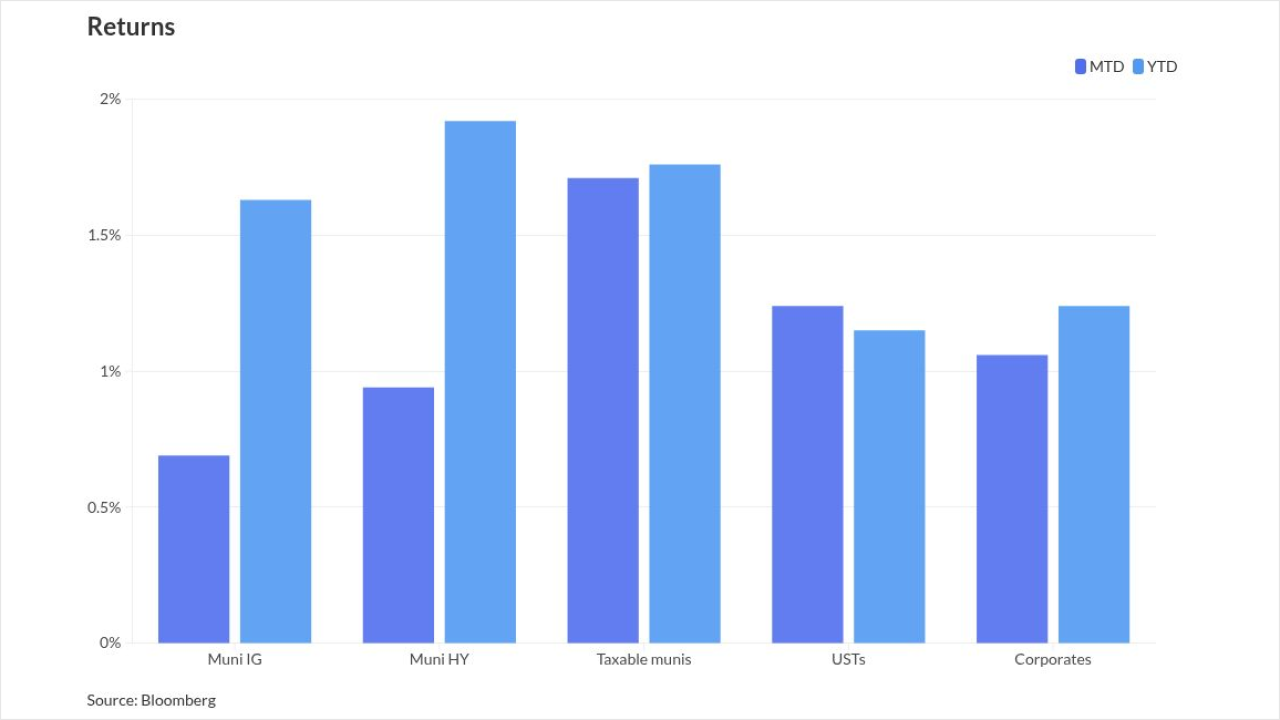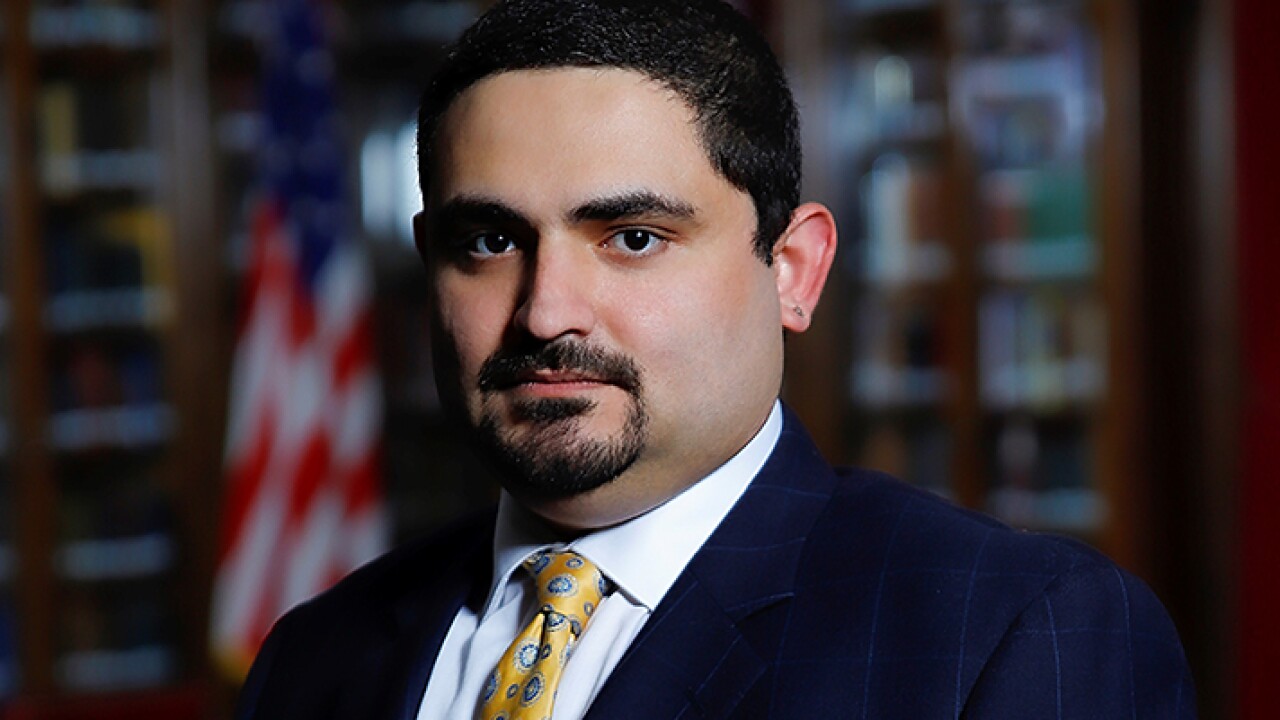Private entities pitching Florida local governments on unsolicited public-private partnerships would face less competition and a smoother approval process under a bill that the Legislature passed last week.

Local governments would also no longer be required to own the P3 project upon completion or termination of the agreement or final payment on the financing. Under the measure, if ownership is not conveyed to the public entity within 10 years, then the public benefits must be identified and stated by the public entity.
The bill breezed through the House on March 4 with a vote of 114 to 0 and passed the Senate 37-2 the same day. DeSantis has yet to receive the bill and once he does he will review it, a spokesperson said.
If signed by the governor, the law would take effect on July 1.
The gap between the Sunshine State's infrastructure needs and what it has to cover it stands at $2.59 trillion over ten years, according to Florida TaxWatch, an independent tax watchdog group that supports the bill. Current unsolicited bid rules are "unfair and contrary to the Legislature's intent to encourage investment by private entities and provide the 'greatest possible flexibility' to public and private entities contracting for the provision of public facilities or services, the group said in a
"Government procurement moves slowly, and Florida TaxWatch thinks every effort should be made to fast track infrastructure proposals where a private entity is sharing the financial risks for the project and the project has been shown to be in the public interest," the group said.





